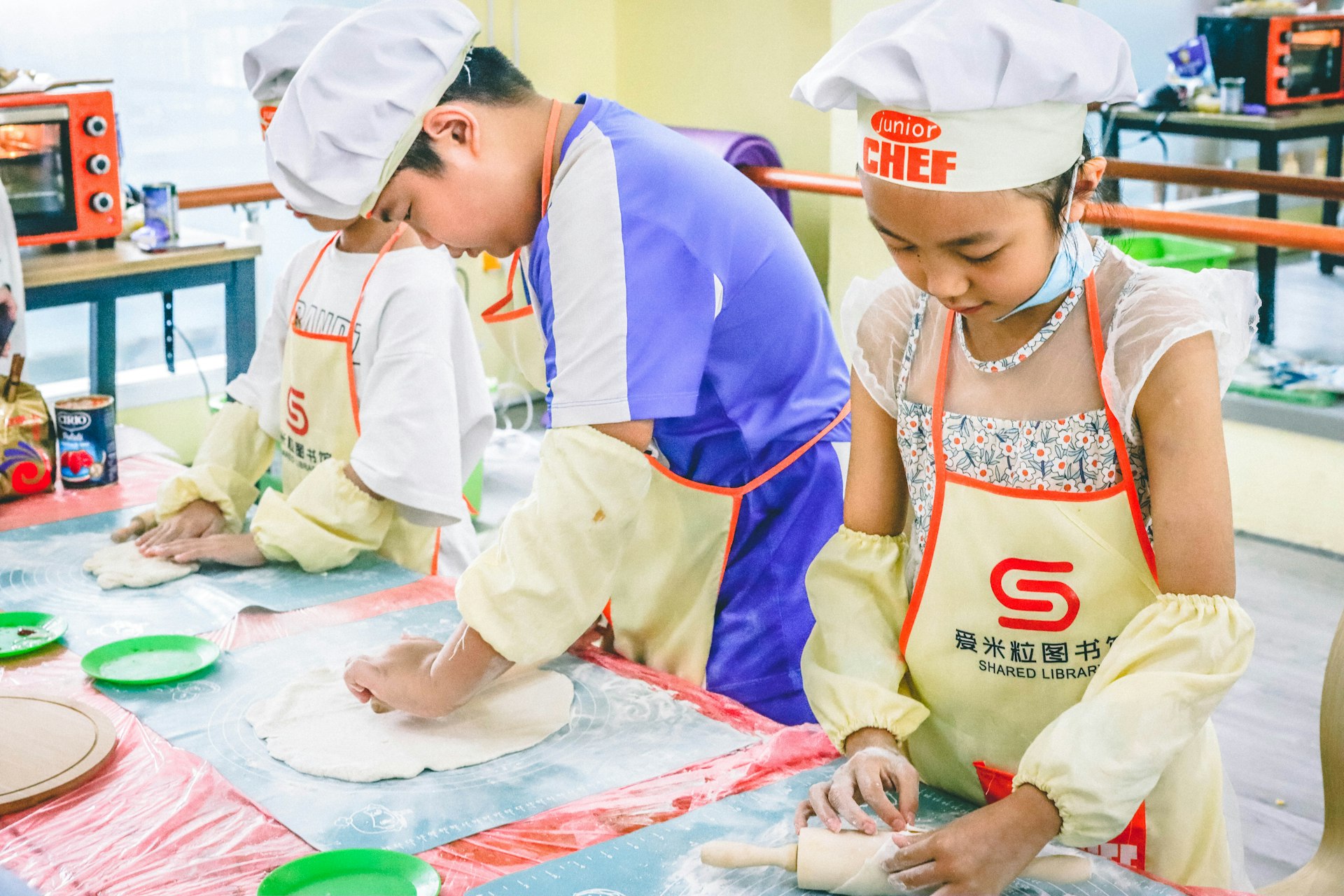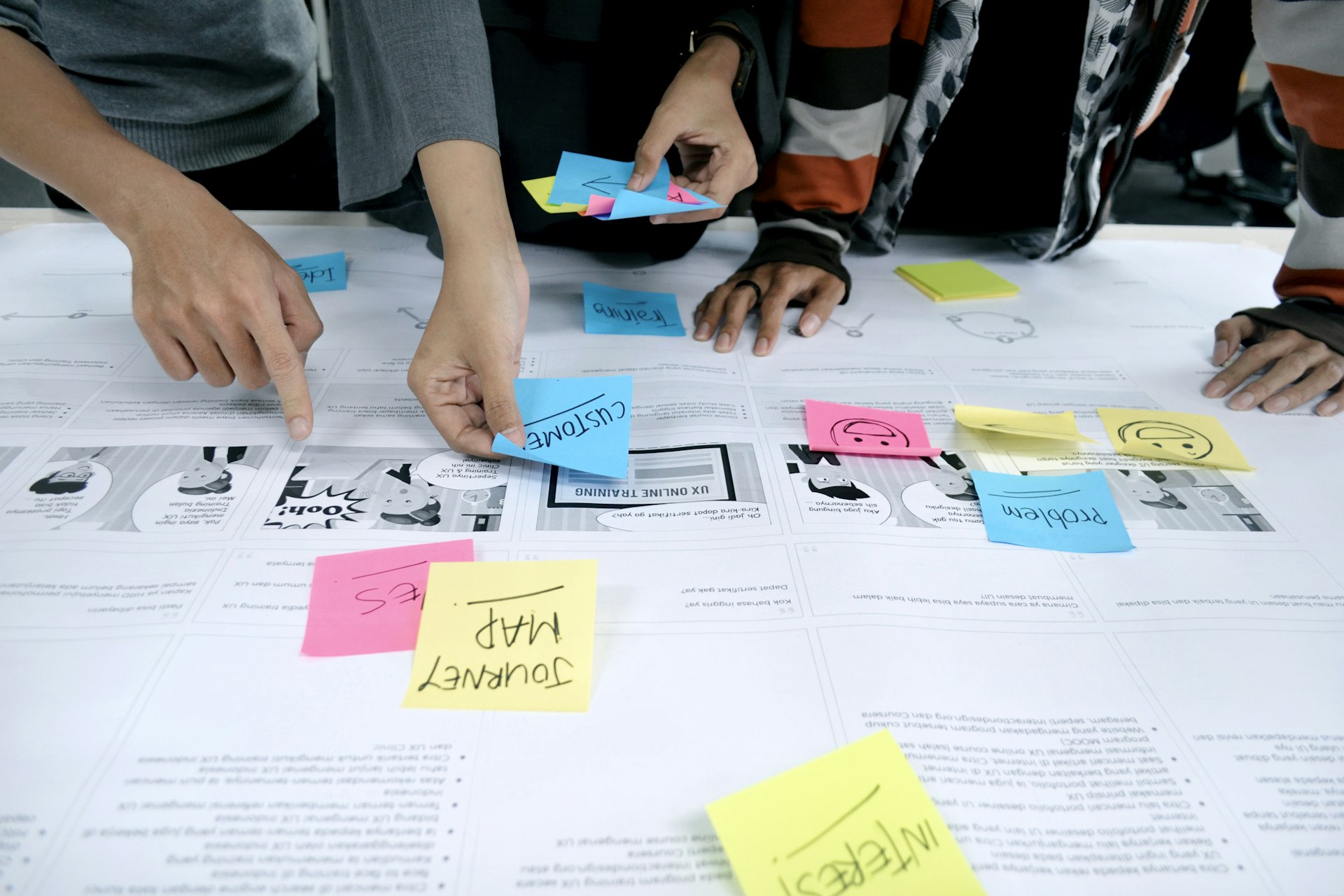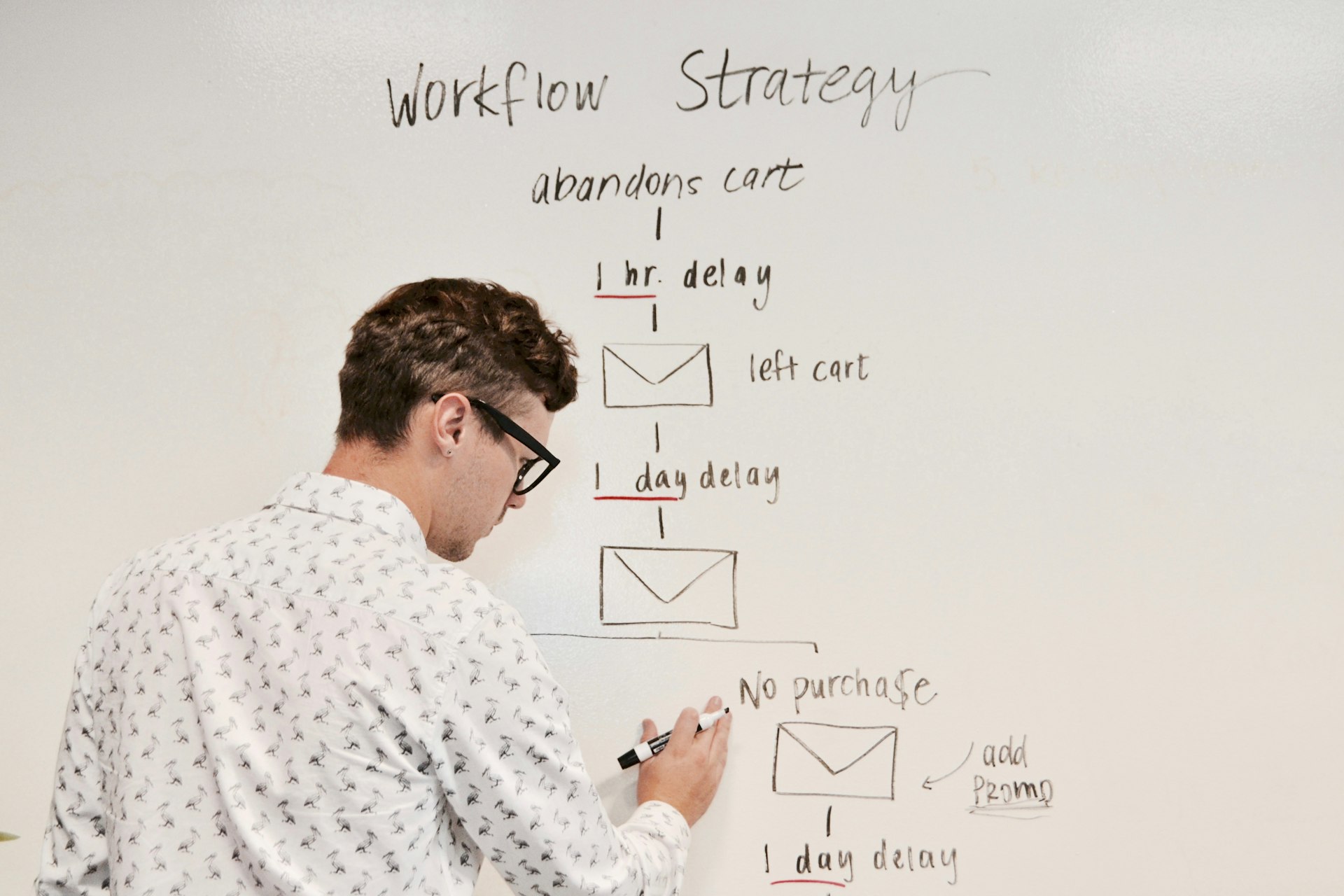Essential Skills to Prepare Students for a Future-Ready World

Photo by Rikokill on Unsplash
Introduction: Why Future-Ready Skills Matter
The world students are preparing to enter is evolving at a pace never before seen. Advances in artificial intelligence (AI), automation, remote work, and global connectivity are transforming industries and redefining the very nature of work and learning. As a result, students must look beyond traditional academic achievement and develop a broad set of future-ready skills to thrive in unpredictable environments. These competencies are not only valued by employers but are also essential for personal growth, citizenship, and lifelong learning [1] [2] .
Core Categories of Future-Ready Skills
Experts and educators agree that future-ready skills fall into four main categories, each critical for comprehensive development. Below, we explore each category in depth, illustrate real-world applications, and provide actionable steps for students and educators to build these skills.

Photo by RUT MIIT on Unsplash
1. Technical and Digital Literacies
Digital fluency is no longer optional. Students must develop comfort with rapidly advancing technologies, from AI and data analysis to cloud computing and cybersecurity. Even outside of STEM fields, understanding how to interpret data, use digital tools, and protect privacy is fundamental in a connected world [1] [3] . For example, students can start by learning basic spreadsheet functions, participating in coding bootcamps, or exploring ethical considerations of AI in daily life.
To build digital skills, students can:
- Participate in school technology clubs or online learning platforms offering courses in coding, data analysis, or cybersecurity.
- Work on real-world projects using digital tools (e.g., creating a blog, developing a simple app, analyzing local data).
- Practice safe and responsible digital behaviors, understanding online privacy and security basics.
Many organizations and schools offer workshops and curriculum in digital literacy. Students can also search for reputable online platforms or ask their school’s technology coordinator for recommended resources.
2. Cognitive Skills: Critical Thinking and Problem-Solving
Employers consistently rate critical thinking , creativity , and problem-solving as top skills for future success. The ability to analyze information, evaluate sources, and generate innovative solutions is vital in a landscape where rote memorization is less valuable than adaptability and ingenuity [3] [4] .
Students can foster these skills by:
- Engaging in project-based or challenge-based learning, where they investigate real-world issues and propose solutions.
- Practicing design thinking-a structured approach to creative problem-solving-by brainstorming, prototyping, and iterating solutions.
- Participating in debates, simulations, or competitions that require analysis, reasoning, and evidence-based arguments.
For example, tackling questions like “How can we reduce plastic use in our community?” allows students to research, collaborate, and innovate. Teachers can guide students to reliable information sources and encourage exploration of multiple viewpoints.
3. Interpersonal and Communication Skills
Effective communication , collaboration , and empathy are central to success in both professional and personal spheres. As the workplace becomes more global and team-oriented, being able to work with others, listen actively, and express ideas clearly is essential. Employers also value negotiation, leadership, and conflict resolution [4] [2] .
To cultivate these skills, students can:
- Participate in group projects, extracurricular activities, or volunteer opportunities that require teamwork and communication.
- Engage in language learning or cultural exchange programs to build cross-cultural competence.
- Practice public speaking, presentations, or storytelling in class or through community groups.
Schools may integrate these skills into language arts, debate clubs, or leadership development programs. Students and parents can inquire about such opportunities through school counselors or local community centers.
4. Adaptive and Self-Management Skills
In an uncertain world, adaptability , resilience , and self-management are more important than ever. Students must learn to cope with change, manage stress, set goals, and take responsibility for their learning. These skills are linked to lifelong success and well-being [2] [4] .
Students can develop these competencies by:
- Setting personal academic or extracurricular goals and tracking progress over time.
- Reflecting regularly on successes and setbacks, and adjusting strategies as needed.
- Practicing mindfulness, stress-management, and healthy routines to support well-being.
Educators can support students by incorporating social-emotional learning (SEL) programs and providing mentorship or guidance counseling. Families can encourage open conversations about challenges and model positive coping strategies.
Building a Future-Ready Mindset: Steps for Students and Educators
Developing future-ready skills is an ongoing process that requires intentional practice and reflection. Here are actionable steps to embed these competencies in daily learning and life:
- Embrace Lifelong Learning: Seek out new learning opportunities, whether through online courses, reading, or hands-on projects. Identify areas of interest and actively pursue knowledge beyond required curricula.
- Engage with Technology Responsibly: Stay informed about new tools and platforms. Practice digital citizenship by respecting privacy, evaluating sources, and behaving ethically online.
- Collaborate and Network: Join clubs, forums, or online communities that align with your interests. Connect with mentors, teachers, and peers who can provide guidance and diverse perspectives.
- Practice Real-World Problem-Solving: Volunteer for community projects, internships, or service learning. Apply classroom knowledge to address actual challenges in your environment.
- Reflect and Adapt: Regularly assess your skills and progress. Seek feedback, be open to change, and adjust your approach as you learn from experience.
For educators, integrating these skills into the curriculum may involve project-based assessments, digital toolkits, and SEL frameworks. Parents can support by encouraging curiosity, resilience, and a growth mindset at home.
Accessing Opportunities to Build Future-Ready Skills
Many schools and organizations offer programs to help students develop these competencies. If you are interested in specific opportunities:
- Contact your school’s guidance office or technology coordinator to ask about digital literacy programs and extracurricular activities.
- Search for community-based STEM clubs, coding bootcamps, or local mentorship programs using search terms like “youth technology programs [your city]” or “student leadership workshops [your region]”.
- Explore online learning platforms that offer verified courses in AI, data science, digital communication, and more.
- To find programs connected to the United Nations Sustainable Development Goals, visit the official United Nations website and look for youth engagement opportunities.
- If your local school does not currently offer future-ready skills programs, consider reaching out to education advocacy groups or your school district’s curriculum office to express interest and request information on upcoming initiatives.
Remember, opportunities may vary by location and school district. If you are unsure where to start, begin by discussing your interests and goals with a teacher, counselor, or trusted adult who can help you navigate available options.
Conclusion: Empowering Students for Tomorrow’s World
Preparing students for the future is about more than keeping up with technology-it requires a balanced approach that values technical expertise, cognitive flexibility, interpersonal effectiveness, and self-management. By proactively developing these future-ready skills, students can adapt to change, seize new opportunities, and become leaders in a world that is constantly reshaping itself. Whether you are an educator, parent, or student, building these competencies is a shared journey-and the time to start is now.
References
- Futurense (2024). Top Skills Students Need for 2025 and Beyond.
- Participate Learning (2024). What the Future of Jobs Report 2025 Means for Schools.
- K12 Dive (2024). Building Future-Ready Students: Embracing AI, Adaptability, and Innovation.
- National Geographic Learning (2025). Are Your Students “Future-Ready”?
MORE FROM todayhiring.us













